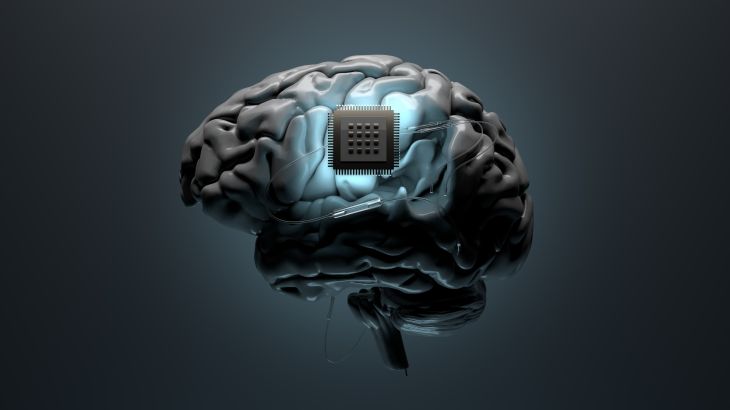
What does the future hold for brain implant technology?
On Wednesday, December 14 at 19:30 GMT:
For decades, scientists have been developing brain-computer interfaces – technology that allows humans to control computers via the power of thought alone.
Researchers have found some success in using BCI technology with brain implants that help people with mobility disorders control prosthetic limbs. In other research settings, implanted microchips have also been used to help people with disabilities or neuromuscular diseases manage seizures and communicate through text messages.
Now private companies like Elon Musk’s Neuralink are growing their presence in the neurotech field, and with that growth comes the prospect of creating brain implant devices for a broader market beyond those with disabilities.
The neurotech company Synchron is currently testing a surgically implanted device that allows a person to control an iPhone using only thoughts. Neuralink said that it will begin human clinical trials within six months. The company’s recent announcement was accompanied with video of a monkey using an implanted brain chip to control a computer cursor.
Musk has said that one long-term ambition is for BCI to merge with artificial intelligence to create “superhuman cognition”.
In this episode of The Stream will look at the technology and issues surrounding brain-computer interfacing.
In this episode of The Stream, we are joined by:
Anna Wexler, @anna_wexler
Professor of neuroethics, University of Pennsylvania
Karen Rommelfanger, @EmoryNeuroethic
Director, Institute of Neuroethics
Kurt Haggstrom, @synchroninc
Chief Commercial Officer, Synchron